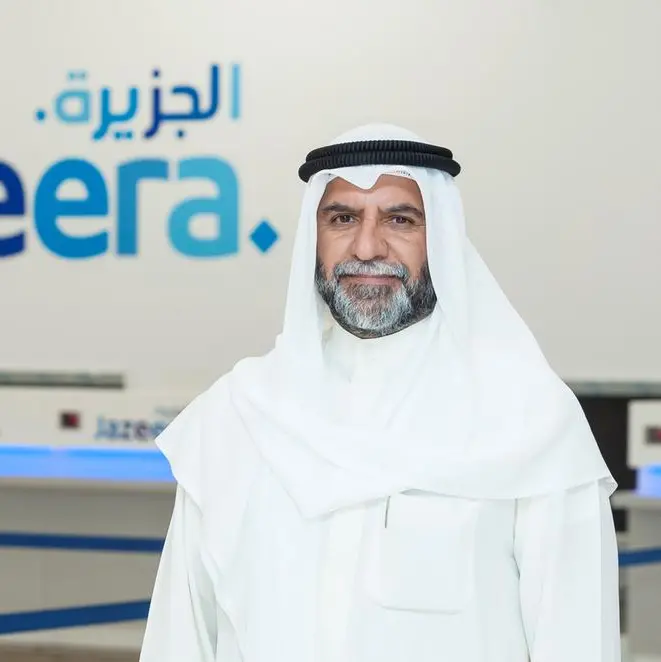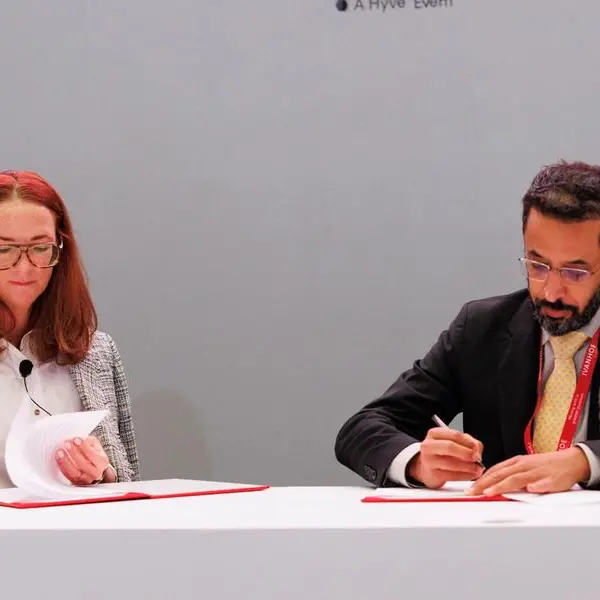Doha, Qatar: The Qatar Research, Development, and Innovation (QRDI) Council has announced the launch of a newly revamped research programs portfolio funded by its division, the Qatar National Research Fund (QNRF). The new suite comprises three primary programs: the Academic Research Program, the National Research Program, and the Research Talent Program. This initiative is part of the QRDI 2030 Strategy to enhance scientific research and foster RDI talent.
Eng. Omar Ali Al-Ansari, Secretary-General of the QRDI Council, remarked: “We are committed to building on Qatar's competitive scientific research funding legacy. Launching this newly revised scientific research programs’ portfolio embodies our dedication to sustaining competitive research funding. This is critical as we seek to maintain and bolster the community of scientific research talent and capabilities in Qatar. In our journey to fulfill the call of the QNV towards building an RDI-intensive, knowledge-based economy, enhancing the strength of these capabilities will be critical as we seek to put in place the other pillars of the QRDI 2030 strategy.”
QNRF New Programs Structure
QNRF's New Program Portfolio is designed to fulfill various requirements of the scientific research value-chain.
The first program, the Academic Research Program, focuses on supporting R&D institutions in conducting research that generates new knowledge and advances scientific understanding while promoting the cultivating of scientific researchers.
The National Research Program, the second initiative, supports research activities that contribute to addressing long-term national challenges and priorities. The program aims to support National Partners who lead various sectors address these challenges by providing research that supports evidence-based policy making or to help generate necessary IP to support the emergence of future industrial solutions to these challenges. This program currently includes three jointly funded calls:
- Path Towards Precision Medicine (PPM), a joint call with the Qatar Genome Programme.
- Food Security Call (MME), a joint call with the Ministry of Municipality-Qatar.
- QNRF-TÜBITAK Academia-Industry Cooperation Call (AICC), a joint call with the Scientific and Technological Research Council of Türkiye (TÜBİTAK).
The third program, the Research Talent Program, aims to develop, retain, and attract a strong base and pipeline of research talent in Qatar. Recipients of this fund will have the opportunity to pursue research-related careers and acquire the skills necessary to succeed in an innovation-based economy. This program currently has two open calls:
- Graduate Student Research Award (GSRA) enables local eligible institutions to support prospective faculty and researchers through a competitive sponsorship program. Graduate candidates will gain the knowledge, skills, and experience necessary to become future research and development leaders in Qatar. The program provides sponsorships to undertake research-based graduate studies toward masters or doctoral degrees through two tracks: GSRA local and GSRA international.
- The undergraduate Research Experience Program (UREP) is designed to cultivate a research culture and develop research capacity by allowing students to gain experience working with faculty members, research staff, and other students through their one-year involvement in the UREP grant.
Mrs. Riham Daher, RDI Program Director at the QRDI Council, commented on the refinement process of the portfolio, stating: "The QRDI Council is committed to providing support, responsiveness, and adaptability while balancing the research community's needs with accountability. The new portfolio has been shaped with input from our research community over the past year. Our motivation for program-level enhancements was centered on four pillars: articulating new policies governing all aspects of the grants, simplifying all processes, enhancing the review process, and creating a balanced portfolio to address various needs. "
Details about the three new programs are available on the QRDI Portal, where applications can be submitted.
The QRDI Portal pools resources and sparks synergies
The QRDI Portal, with new versions released annually, adapts to the changing needs of stakeholders within the research and innovation ecosystem. Each phase introduces new features and functionalities. The first phase, launched in 2021, included User Registration, Entities, Facilities, Equipment, and Services. The second phase recently launched with RDI Projects, RDI Publications, and Collaboration Opportunities.
QRDI Portal V3 plans to add more features covering Sectorial Communities, Talent Profiles, Data Sets & IP, and Events this year. The QRDI Portal offers a unique opportunity for researchers and innovators to access thousands of assets, services, and talent to leverage shared resources. Through this portal, leading institutions in Qatar can reach a wider audience by showcasing their world-class infrastructure and collaborating with emerging talent, businesses, government, and more.
QRDI Seminars and Webinars
To announce the QNRF Programs Portfolio, the QRDI Council hosted an informational session for all research office leads in Qatar, followed by a webinar for the entire RDI Ecosystem to learn more about the programs. During these sessions, the QRDI Council team discussed the latest updates and enhancements to the new portfolio's details and the benefits for RDI talents in Qatar.
Following these sessions, the QRDI Council held a series of webinars to demonstrate the new changes in each call within the different programs, guiding attendees through the new portfolio and highlighting the changes and improvements in each program. Each webinar concluded with a Q&A session where attendees can have their questions answered by the team.
By launching the new QNRF Programs Portfolio, the QRDI Council is taking significant steps toward achieving the goals outlined in the QNV 2030 and establishing a legacy of scientific research and talent development in Qatar. The Council's commitment to fostering innovation and collaboration in the research community will contribute to the nation's growth as a knowledge-based economy and help address critical national priorities.



















